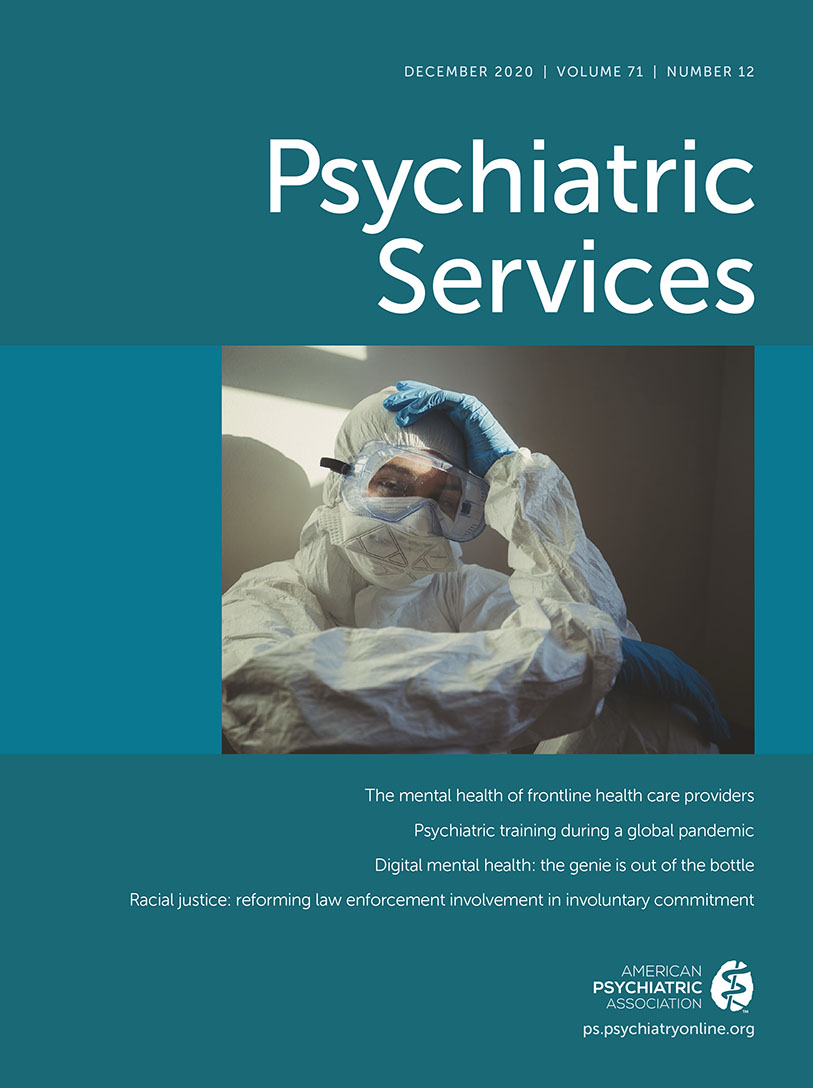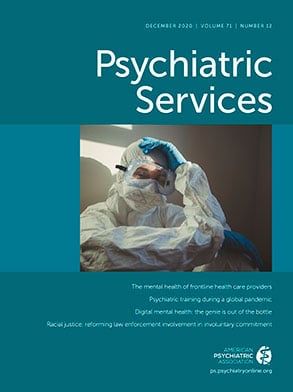There is no doubt that COVID-19 will have a long-term impact on every individual and every service sector. This is clear, even as we are in the midst of this acute pandemic. Attention is largely focused on public health and economic impacts. Fortifying the country’s health system, restoring the population’s health, and stabilizing the economy will take years and require a collective effort from all citizens and sectors. In the long term, however, the recovery of the country will ultimately rest on having healthy, productive, and engaged citizens who can contribute to a flourishing society and economy. Such a recovery requires attention to the generation of children living through this pandemic, because they instantiate the future of the country. In addition to infecting children, the pandemic has completely disrupted their family life and, through school and community closures, the relationships that reinforced their health and wellness. The pandemic’s economic impacts will also increase poverty, homelessness, and hunger for many children and families. A concerted, collective, and robust social and economic rescue plan is needed to support these families and children. Because the United States had a less-than-enviable record of ensuring the mental health of children and adolescents prior to COVID-19, this rescue plan will require a fundamental societal shift in American priorities, services, and systems. Instead of hollow statements, best practices that actually support families and children must be implemented and sustained.
At this juncture, when children’s health and mental health and the basic safety net of systems and supports for children and their families are in great jeopardy, we propose a “Marshall Plan” for children’s mental health after COVID-19. Modeled after the economic and social reconstruction effort to restore postwar Europe, this renewal plan for children’s mental health rests on two cornerstones: children-first ethics and a postdisaster recovery approach, pioneered by the United Nations, to encourage resilience.
Children-First Ethics
For decades, there has been agreement among most citizens and sectors of society that it is valuable to take care of children, provide them free and equal access to education, and more recently, provide access to health care services, albeit of varying quality. We are calling for something more profound—a unilateral commitment to a societal obligation that puts the needs of children first. Like the “health-in-all-policies” framework enacted over the past decade, a “children-in-all-policies” approach should be adopted to encourage children’s socioemotional development in all policy deliberations. This commitment would privilege societal ethics that put children first. It would translate into a principle for action by citizens—coaches, investors, bus drivers, teachers, etc.—throughout communities and across all strata in society. For example, ensuring that child socioemotional development, rather than just athletic development, is a priority for all sports coaches would alter societal perceptions of the importance of children’s mental health.
Building Back Better
Building Back Better (BBB), pioneered by the United Nations, is a postdisaster recovery approach to encourage resilience after localized traumas and to promote multilevel short- and long-term actions that improve the well-being of populations (
1). This pandemic presents an opportunity to build back better—to provide a continuum of services that are personalized to meet families’ needs, whenever and wherever they occur, along with an infrastructure to support and monitor services and outcomes.
Four key propositions from BBB apply to our Marshall Plan proposal. They include families and local communities driving their own recovery, recovery that promotes fairness and equity, valid and reliable data collection on access and outcomes to monitor improvement, and financial flexibility to spark innovative solutions.
The composite of state-funded services was fragmented before the pandemic and is now in extreme disarray. Most behavioral health services are at a standstill, except for those that were prepared for digital delivery. We suggest that BBB requires a shift from the current “brick-and-mortar” delivery of care, or at least from the exclusive emphasis on this care delivery. Instead, we propose categories of supports and services that map onto the four features of BBB described below.
First, locally driven services should provide skills training and supports to families, whenever and wherever needed. This means making child and family support services available to any parent or caregiver who requests them in locations convenient to the family, not only to the provider entity. This approach should be implemented immediately. Prevention is possible and will have long-term benefits if families and children are provided supports now. In some communities, this would mean delivering services in Women, Infants, and Children programs, churches, schools, shopping malls, and community centers or, as is increasingly likely to be the case, virtually. The range of services should be wide, from pre- and postnatal services for mothers and infants, to child care and other early childhood services, to vocational training and technical skills training for older youth. The workforce will need to expand, building on the availability of community-level navigators, paraprofessionals, and certified parent-support specialists, all of whom could deliver most of these services, rather than the high-cost specialists who have almost exclusively provided these services in the past. In many communities, training and certification enables community members to provide screening, psychoeducation, diagnostic assessments, facilitated referrals, and group support (
2). For example, parent-support specialists or other support professionals could be made available to any family that requests them. Families and communities drive their own recovery when they are empowered to identify community needs, priorities, and the means for accessing services.
Second, promoting fairness and equity as a feature of BBB means meeting parents’ basic mental health and economic security needs as they arise and delivering services according to severity of need, rather than zip code of residence. This approach may include provision of mental health services for family therapy, prenatal and postnatal services, or economic or housing supports. It may also entail economic supports, such as job skills training, paid sick leave, extension of family leave policies, and restoration of a livable minimum wage. Both the Supplemental Nutrition Assistance Program and the Earned Income Tax Credit support family economic security, which in turn promotes children’s sense of stability, an important component of healthy development (
3).
Third, BBB depends on the availability of good data to guide access to and outcomes associated with services. These data include real-time tracking through integrated data systems as well as population-level indicators at national, state, and community levels. A rejuvenated service system will also capitalize on the use of digitalized technologies, including web-based support and services and telephone- and text-based services, to enable families to have easy and affordable access to all providers (e.g., pediatricians, nurse practitioners, employment counselors, and parent-support specialists) and care personalized to fit individual family needs.
Fourth, in our conceptualization, BBB entails a new financial infrastructure model built on an alternative payment system that bills in accordance with children’s social, emotional, and developmental needs, not insurance protocols. This approach would entail financing in line with children’s mental health outcomes, not the volume of patient visits. This new system will be driven by family choice and service needs, not insurance reimbursement schedules, and it will track children’s needs, use of services, and outcomes as measures of well-being. Although no single payment system can respond to every situation or to the varying severity of children’s mental health needs, it is clear that value-based payments such as capitation encourage a broader population approach and a greater focus on prevention and health promotion (
4). Some combination of capitation and “incentive-for-outcomes” or “pay-for-performance” approaches will be important. Even more so, coordination-enhancing agreements, crafted locally and embedded into regulations or policies, will allow mental health care to be linked to other sectors, such as special education, foster care, and juvenile justice. Aspects of these innovations have been proposed and are being tested in the Integrated Care for Kids federal demonstration program (
5) and will be critical to building back better for children’s mental health.

